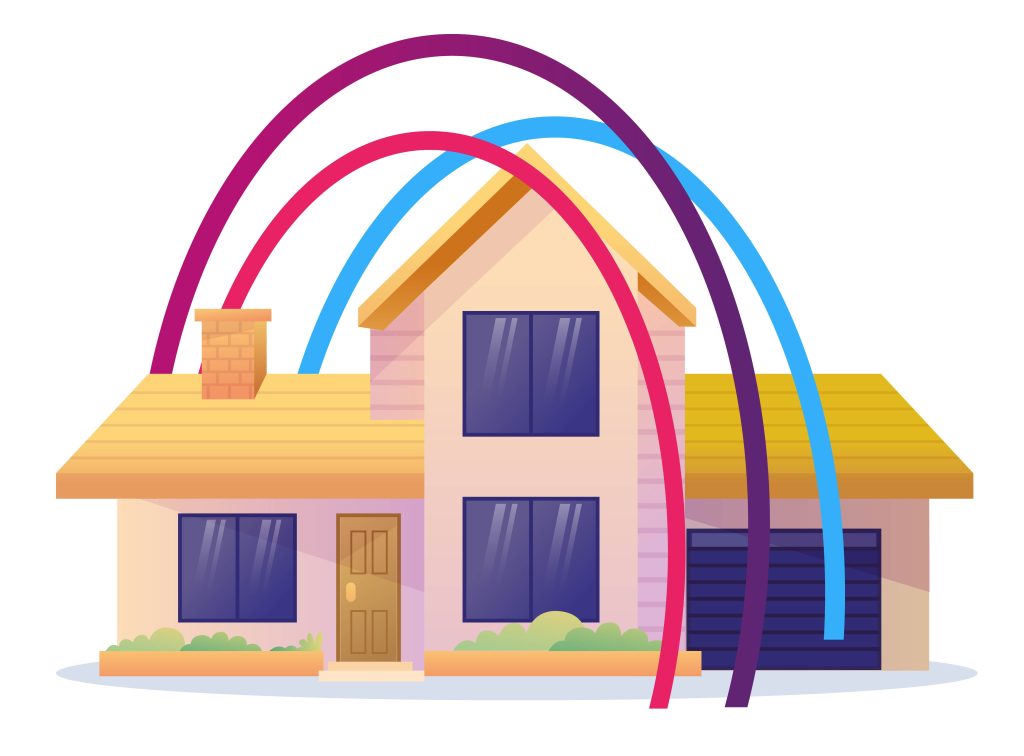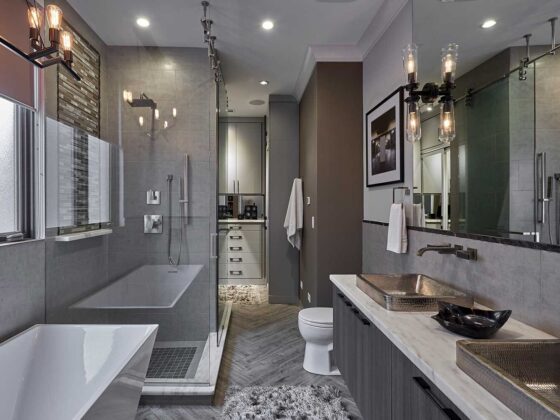When it comes to protecting your home, finding the best insurance rates can feel like navigating a maze. With countless providers, policies, and fine print to sift through, it’s easy to become overwhelmed.
However, securing an affordable home insurance plan is not only possible, but it can also be straightforward if you know where to look. By adopting smart strategies and considering various factors—from your homes location to the type of coverage you need—you can significantly reduce your premiums without compromising protection.
In this article, well explore effective tips and proven methods that can lead to substantial savings, ensuring that your home remains safeguarded while your budget stays intact. Let’s dive in and unlock the secrets to achieving the best home insurance rates available.
Assessing Your Insurance Needs

Assessing your insurance needs is an essential first step in securing the best home insurance rates available. Begin by taking a comprehensive inventory of your possessions; think not only about the value of your furniture and electronics but also the irreplaceable items like family heirlooms and collectibles.
Consider the unique features of your home—its age, structure, and location—and how they might influence risks. Are you in a flood zone? Do you live in an area prone to wildfires? These factors can dramatically affect your coverage requirements and, consequently, your premiums.
Dont forget to evaluate your liability coverage as well; it’s crucial to protect yourself in case someone gets injured on your property. By carefully analyzing these elements, you can tailor your policy, ensuring you’re not over- or under-insured, which ultimately paves the way for finding competitive rates that truly reflect your needs.
Reviewing Your Current Policy

Before diving into the world of home insurance options, its essential to take a close look at your current policy. Examine the coverage limits and deductibles—are they adequate for your needs? You might discover that your existing policy covers certain hazards that you no longer face, or perhaps it misses significant updates, like a recent renovation.
Additionally, consider any major life changes: have you added a new family member, acquired valuable possessions, or changed your commuting habits? Each of these can impact your insurance needs. Moreover, dont hesitate to reach out to your insurer for clarification on terms or to discuss potential adjustments.
With a clearer understanding of what you already have, youll be better positioned to either negotiate better rates or seek out a more suitable policy that aligns with your current lifestyle.
Understanding Your Credit Score and Its Impact

Understanding your credit score and its impact is crucial when navigating the landscape of home insurance. While many people associate credit scores primarily with loans and credit cards, they also play a significant role in determining your insurance premiums.
Insurers use credit scores as part of their risk assessment; a higher score often translates to lower rates, reflecting the belief that financially responsible individuals are less likely to file claims. Conversely, those with lower scores might face steeper premiums, which can be disheartening.
Being aware of this connection empowers you to take proactive steps—such as improving your credit score through timely payments and reducing debt—that could lead to substantial savings on your home insurance. Ultimately, a solid grasp of how your credit score intertwines with insurance costs can help you secure the best rates possible.
Conclusion
In conclusion, securing the best home insurance rates doesnt have to be a daunting task. By following the tips outlined in this article, such as shopping around for quotes, bundling policies, improving your home’s security, and maintaining a good credit score, you can significantly reduce your premiums.
Additionally, consider reaching out to reputable providers like Dunnville Insurance Company, which can offer personalized advice and competitive rates tailored to your needs. By being proactive and informed, you can ensure that your home is well-covered while keeping your budget in check.


